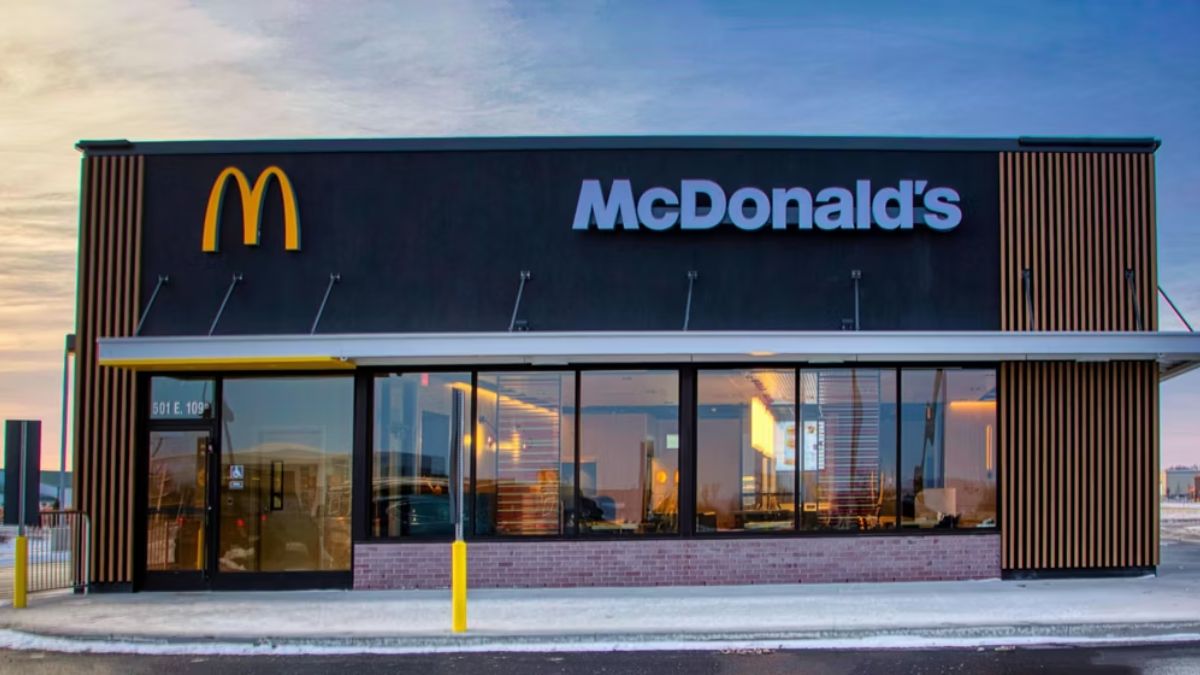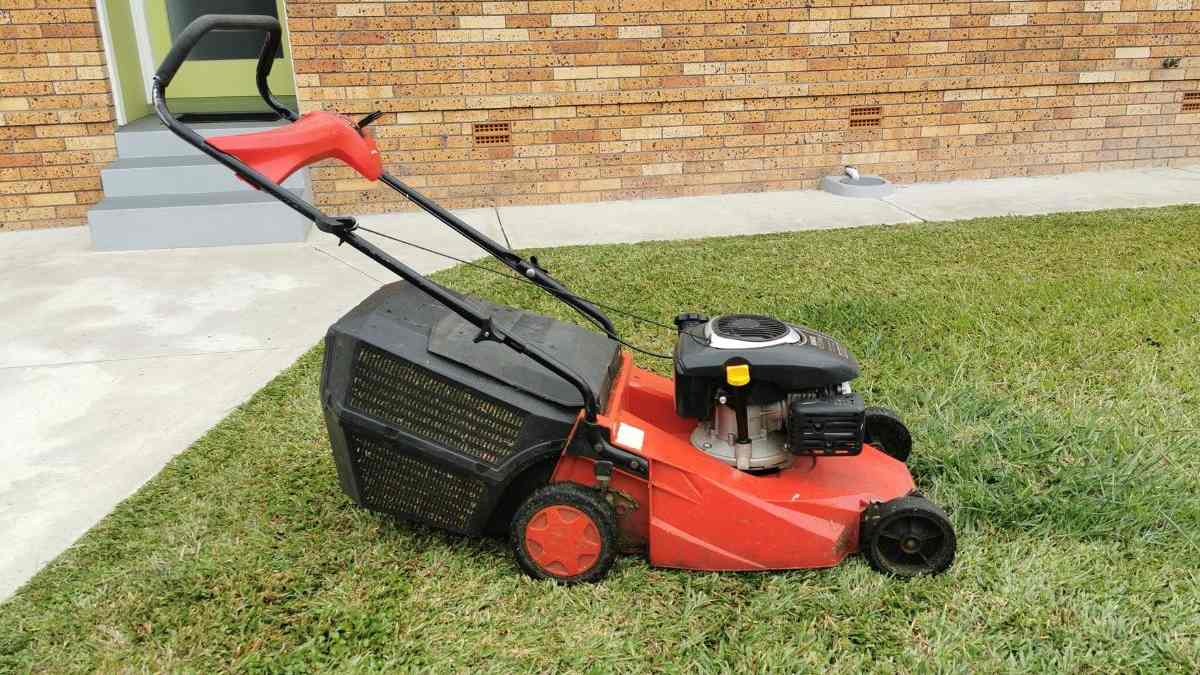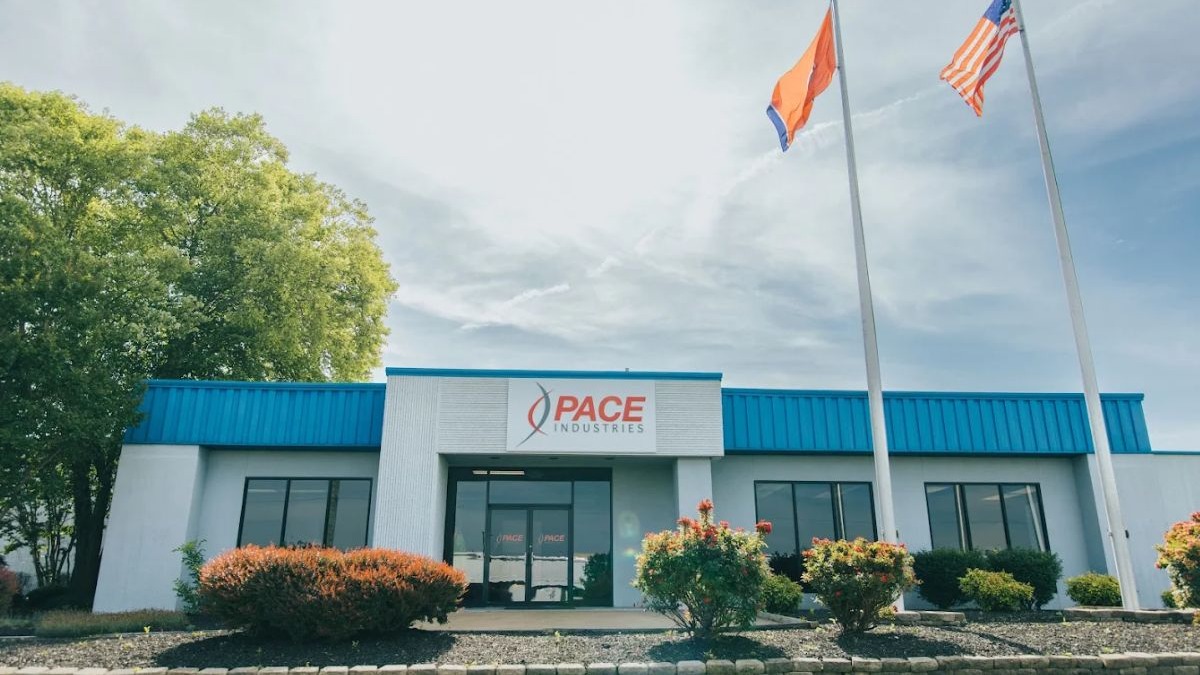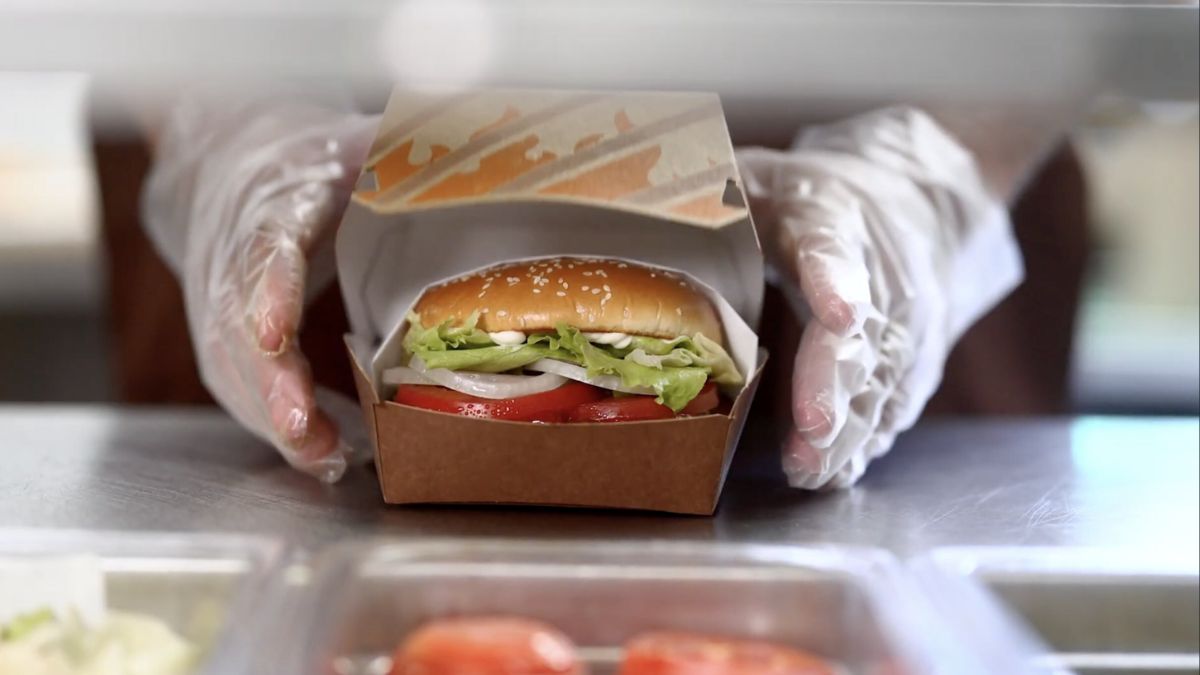McHugh Junk Removal Inc. has filed for bankruptcy protection. The bankruptcy filing shows an imbalance in the company’s assets and liabilities. The filing lists liabilities that exceed the company’s assets.
McHugh Junk Removal Inc. Filed for Bankruptcy
McHugh Junk Removal Inc. filed for Chapter 11 bankruptcy on November 24, 2025. The bankruptcy petition was filed in the U.S. Bankruptcy Court for the District of Massachusetts. The petition was filed under Subchapter V of Chapter 11.
The company offers junk hauling and trash removal services, helping local residents and businesses clear out unwanted items efficiently.
It is for small business reorganization under court supervision. Through this, the company can reorganize its finances while operations continue. It will make it easier for the company to repay its creditors.
According to Pacer, attorney Louis S. Robin will represent the debtor during the case proceedings. Judge Elizabeth D Katz will be supervising the case.
Details of the Bankruptcy Filing
According to the official filing, the debtor currently owes 1-49 creditors. Here are the details of the bankruptcy filing:
- Filing Date: November 24, 2025
- Court and Jurisdiction: U.S. Bankruptcy Court for the District of Massachusetts
- Type of Filing: Active, Voluntary Petition
- Chapter: 11, Subchapter V
- Case Number: 4:25-bk-41270
- Estimated Assets: $100,001 to $500,001
- Estimated Liabilities: $500,001 to $1 million
- Reason for Filing: Financial troubles that require court supervision.
The official filing reveals that the company has submitted the required documents to the court. It has listed out its secured creditors and the 20 largest unsecured creditors. A full list of the debtor’s property has also been provided for the court’s information.
The debtor also provides the financial statements of the company for the past two years. A statement of monthly income and a corporate ownership statement have also been provided in the filing.
The company has also filed some motions during the petition filing. They have requested that the court allow them to use cash collateral. Usually, cash collateral is used to repay creditors and cannot be used by the company without court permission.
The company also filed an emergency motion asking to pay the wages owed before the filing. The emergency motion seeks approval to pay employee wages, helping the company retain staff and maintain operations during the bankruptcy process.
As the case moves forward, the company is expected to submit a court-approved reorganization plan to address its financial challenges.













